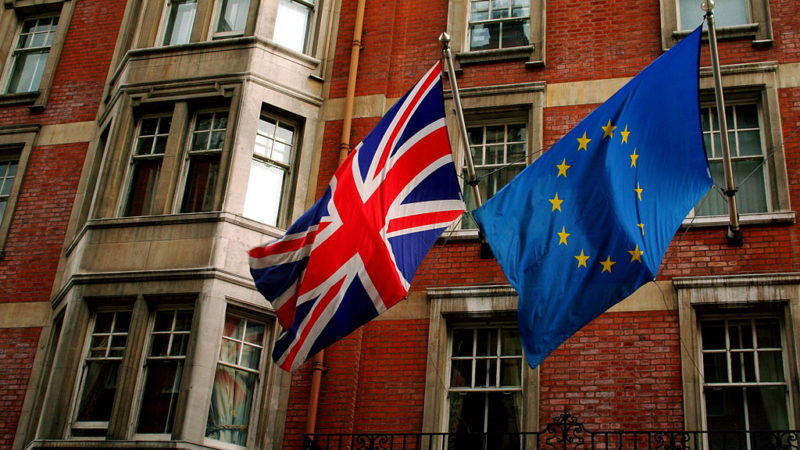Backroom deals nobody supports are not the democratic solution

A huge disconnect has opened in Britain. Brexit has paralysed both country and our Parliament, leaving the nation deeply divided and events at a dangerous impasse.
Events have become so toxic, so polarised, that even if (and it’s a big if) Parliamentarians can deliver some kind of Brexit deal, it will do little to heal the rift which is at risk of splitting communities, families and our country.
And if we want to avoid the kind of conditions which will allow extremists to roam free and claim the political landscape, we need to do something about it.
As Gordon Brown said recently: “It is the lethal combination of a deadlocked Parliament, an ever-more divided country, and the mounting distrust between Parliament and people that makes me fear for our cohesion.”
I would agree with Brown that our crisis is now so profound that Parliament cannot solve it on its own.
Our polling, commissioned alongside Best for Britain, underlines his point. It suggests that two-thirds of people want to be involved in the Brexit decision-making process.
It also reveals a massive distrust of politicians and the political system among the wider public: 68% of the public now feel there is no political party which represents their views (up from 61% in July).
There is also growing pessimism about the future: 58% of the public say they are pessimistic about the future (up from 51% in July), and 67% don’t trust the Govt to deliver a good Brexit deal for them, up from 60% in July.
Furthermore, 62% feel that Brexit is feeding prejudice and division and ‘taking our country backwards’.
In such a polarised environment, any deal that is cobbled together in Parliament in unlikely to have support of the majority of British people. At its peak, May’s deal was backed by just a quarter of the population.
Some people argue that pausing the process or having a second vote will damage our democracy. But so will a deal that will shape Britain for the next 20 years that does not have the support of the British people.
That’s why, like Brown, we feel that the nation needs to pause Article 50 and the Brexit process for the coming 12 months, in order to engage the public’s view in a series of Citizens’ Assemblies across the country with a view to debating the complex issues of Brexit – and hopefully find consensus.
Such Assemblies have been successfully used in Ireland, Iceland, British Columbia and many areas of national and local government, to allow debate over contentious issues, prior to having another public vote.
They are constructed of a randomly chosen representative group of up to 500 members of the public. They hear a broad range of evidence and arguments on a subject, which they discuss and weigh up before making considered recommendations to their political representatives.
With trust in our political system at such a low, we have to find a way to re-engage the British public in the Brexit discussion.
Our democracy won’t be well served by grubby backroom deals done by our political leaders that no-one supports.
Rather, whatever deal is concluded, whatever the type of Brexit we have or if indeed we leave the EU at all, needs to be agreed by the British people.
Citizens’ Assemblies will allow the public to be involved in an informed debate, encourage Remainers and Leavers to talk together to hopefully agree a consensus that can be supported by the majority of British people. What can be more democratic than that.
Nick Lowles is CEO of HOPE not hate
To reach hundreds of thousands of new readers and to make the biggest impact we can in the next general election, we need to grow our donor base substantially.
That's why in 2024, we are seeking to generate 150 additional regular donors to support Left Foot Forward's work.
We still need another 124 people to donate to hit the target. You can help. Donate today.




One Response to “Hope not Hate: We need Citizens’ Assemblies to resolve Brexit democratically”
Brexit - podstawowe informacje. Aktualizacja | SOVA Accounting
[…] nie cieszyła się poparciem więcej niż jednej czwartej społeczeństwa. Swoją opinię opiera na wynikach sondażu przeprowadzonego na zlecenie Hope Not Hate i Best for Britain, które wskazują, że więcej osób […]